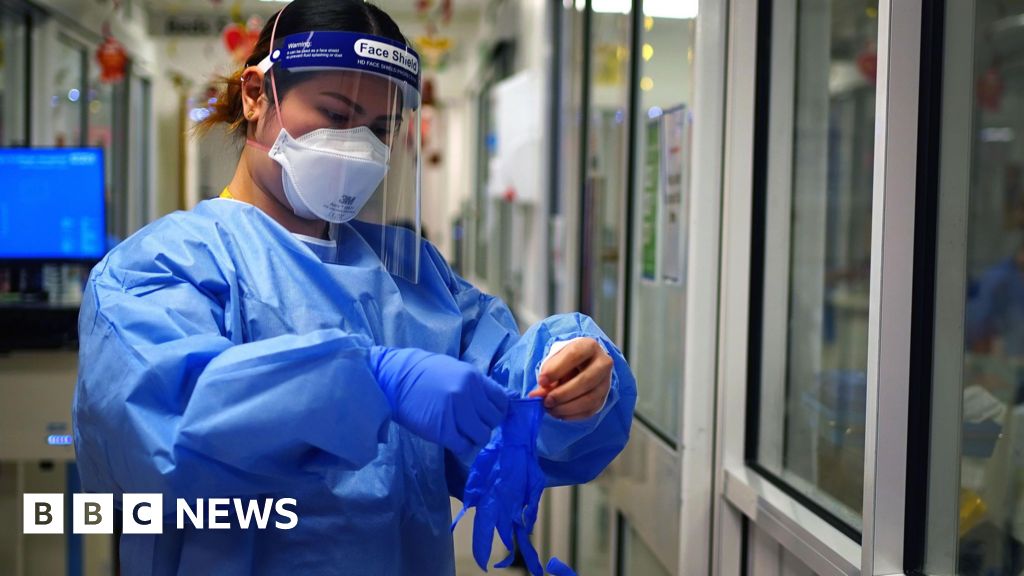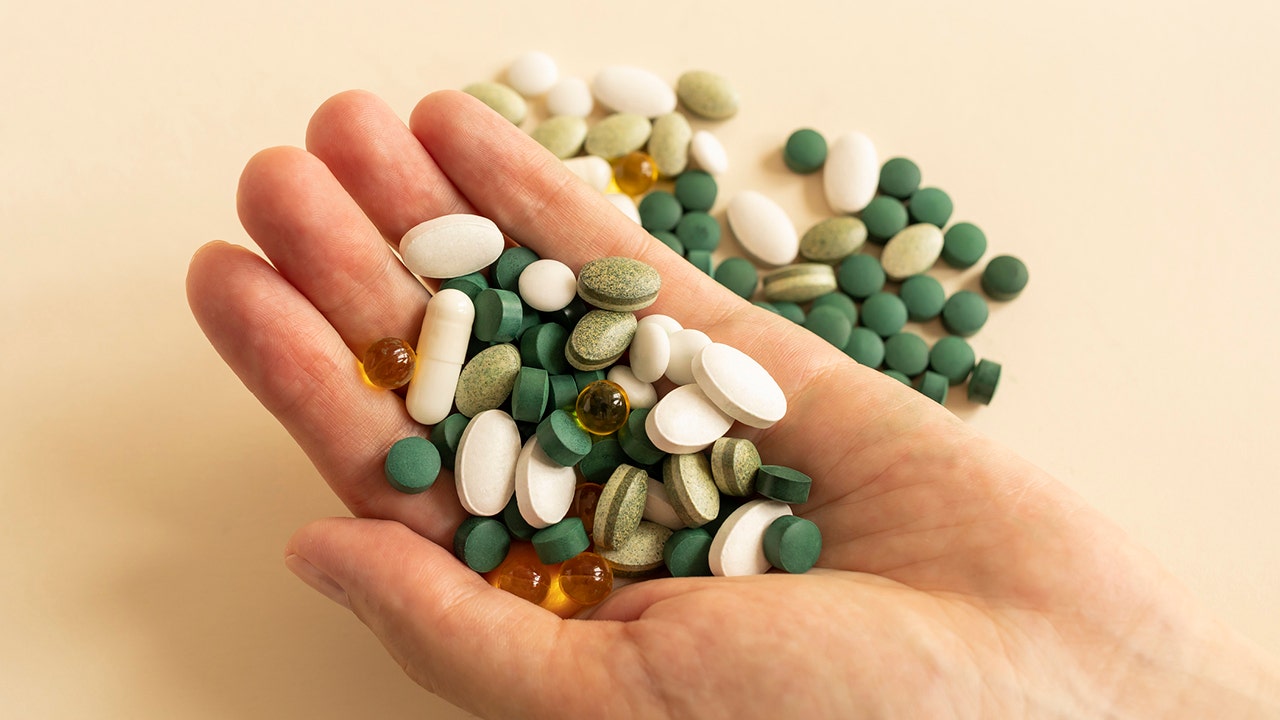Doctors suggest checking our blood pressure at least every two years starting at age 18. However, you will be surprised to know that, in India, 22 percent of women and 46 percent of men have never checked their blood pressure. The data is even more shocking for patients who don’t take any conscious steps or medication to control it.
According to the National Family Health Survey (NFHS-5), 1 out of every 5 Indian women and every 4 Indian men have high blood pressure, also known as BP or hypertension. Referred to as the ‘silent killer’, hypertension is known to show no symptoms until severe damage has occurred. If you have high blood pressure, your heart is working harder to pump blood because the force of the blood pushing against the artery walls is consistently too high. Naturally, untreated high blood pressure increases the risk of heart attack, stroke, and other serious health problems.
On World Hypertension Day, celebrated globally on May 17, Dr Pooja Kohli, Senior Ayurveda Expert, at HempStreet, lists some lifestyle changes you should make to keep your blood pressure in check and simple ways to incorporate Ayurveda into them.
Don’t Eat Anything Out of a Packet: In Ayurveda, diet is considered a crucial factor in maintaining overall health and balance in the body. Instead, with processed and ready-to-eat food availability, we rely heavily on these 2-minute fixes for our meals. Start by cutting down on sugar, processed-refined food, meat and salt as they contribute to increasing your blood pressure levels. Practice mindful eating to enhance digestion and absorption of nutrients. Regularly assess and monitor your weight and accordingly make changes to your diet. Include foods that are naturally rich in potassium, such as leafy greens, bananas, and avocados, as potassium helps regulate blood pressure.
Incorporate Herbs in Your Routine: For centuries Ayurvedic herbs have been used to promote heart health and regulate blood pressure. Most of these herbs are easily available in the market and present in most Indian kitchens. Incorporating amla, garlic, and honey into your diet can help improve circulation, reduce stress, and regularise blood pressure. Under medical guidance, you can also try taking Ashwagandha.
Quit smoking and drinking: As hypertension is related to the functioning of the heart, the first lifestyle change you should be making is giving up on tobacco and alcohol. With today’s party-going generation, this is hard, but know that this is necessary to safeguard your heart and reduce the risk of hypertension-related complications. Consuming a teaspoon of Ajwain every day is known to reduce cravings for smoke.
Yoga and Meditation: Stress is a major contributing factor to hypertension. Hence, managing stress levels is essential for maintaining optimal blood pressure. Yoga is a powerful tool to strengthen the heart and increase lung capacity. Practising deep breathing exercises and gentle asanas, such as child pose and downward-facing dog can lower blood pressure, if done regularly.
Ayurvedic Lifestyle Practices: Hypertension is attributed to a poor diet and following improper lifestyle habits. In your daily routine incorporate oil massage (abhyanga), dry brushing (garshana), and oil pulling to support detoxification. Most importantly prioritise adequate rest, and aim to establish regular sleep patterns to support optimal blood pressure regulation.
(The views expressed in the article are those of the expert quoted. Zee News does not confirm or endorse it.)














































